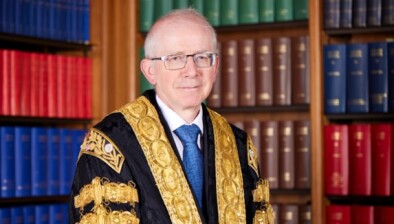UK: Misgendering trans people not protected as part of a philosophical belief, tribunal rules

The belief that sex is “biologically immutable” and transgender people should be treated and referred to as the sex they were assigned at birth is not a protected philosophical belief under the Equality Act 2010, a tribunal has ruled.
The London Central Employment Tribunal has ruled against Maya Forstater in a test case she brought against the Centre for Global Development (CGD).
The tribunal heard that Ms Forstater had worked as a consultant on tax issues with the think tank since 2015, but the relationship was broken off at the end of 2018 following a row over alleged “transphobic tweets”.
She contended that her views on gender are a philosophical belief and that she was subject to direct discrimination because of them.
However, Judge James Tayler concluded that a “core component” of Ms Forstater’s belief is “that she will refer to a person by the sex she considered appropriate even if it violates their dignity and/or creates an intimidating, hostile, degrading, humiliating or offensive environment”.
In a 26-page ruling, the employment judge said that approach “is not worthy of respect in a democratic society”.
Louise Rea, senior associate at London-based Bates Wells, who advised CGD, said: “A number of commentators have viewed this case as being about the claimant’s freedom of speech.
“Employment Judge Tayler acknowledged that there is nothing to stop the claimant campaigning against the proposed revisions to the Gender Recognition Act, or expressing her opinion that there should be some spaces that are restricted to women assigned female at birth.
“However, she can do so without insisting on calling trans women men. It is the fact that her belief necessarily involves violating the dignity of others which means it is not protected under the Equality Act 2010.”
Peter Daly of Slater and Gordon, representing Ms Forstater, said: “The significance of this judgment should not be downplayed. Had our client been successful, she would have established in law protection for people – on any side of this debate – to express their beliefs without fear of being discriminated against.”










